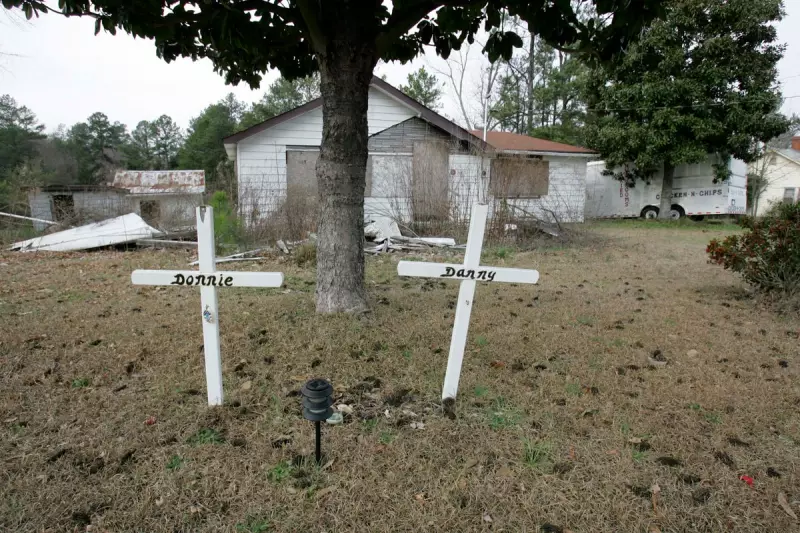
The United States Supreme Court has delivered a final blow to Richard Bixby's legal team, refusing to hear an appeal that sought to overturn his death sentence. The decision solidifies the fate of the South Carolina man convicted of the brutal 2015 murders of his parents, Danny and Gladys Bixby.
A Gruesome Crime and Lengthy Legal Battle
Bixby's conviction stems from a shocking case that rocked the community of Columbia, South Carolina. Prosecutors successfully argued that he bludgeoned his parents to death with a baseball bat in their family home. The subsequent legal journey has spanned nearly a decade, moving through state courts before ultimately landing at the nation's highest court.
Mental Health at the Centre of the Defence
The defence's appeal hinged on arguments concerning Bixby's mental state. His lawyers contended that mitigating evidence related to his mental health was not adequately presented or considered during the sentencing phase of his trial. They asserted that this failure constituted a fundamental miscarriage of justice, warranting the intervention of the Supreme Court.
However, the justices declined to take up the case, effectively letting the previous ruling from the South Carolina Supreme Court stand. That court had previously upheld the death sentence, acknowledging the horrific nature of the crime despite the mental health arguments.
What This Supreme Court Decision Means
The court's refusal to hear the appeal, issued without any noted dissent or public comment, represents the conclusive end to the direct appeals process for Bixby. His legal options are now severely limited, typically narrowing to last-minute appeals focused on the method of execution or other exceptional circumstances.
This case highlights the ongoing and complex national dialogue surrounding the death penalty, particularly its application in cases where the defendant's mental health is a significant factor. The Supreme Court's silence on this appeal underscores the high legal threshold required for it to review state death penalty convictions.





